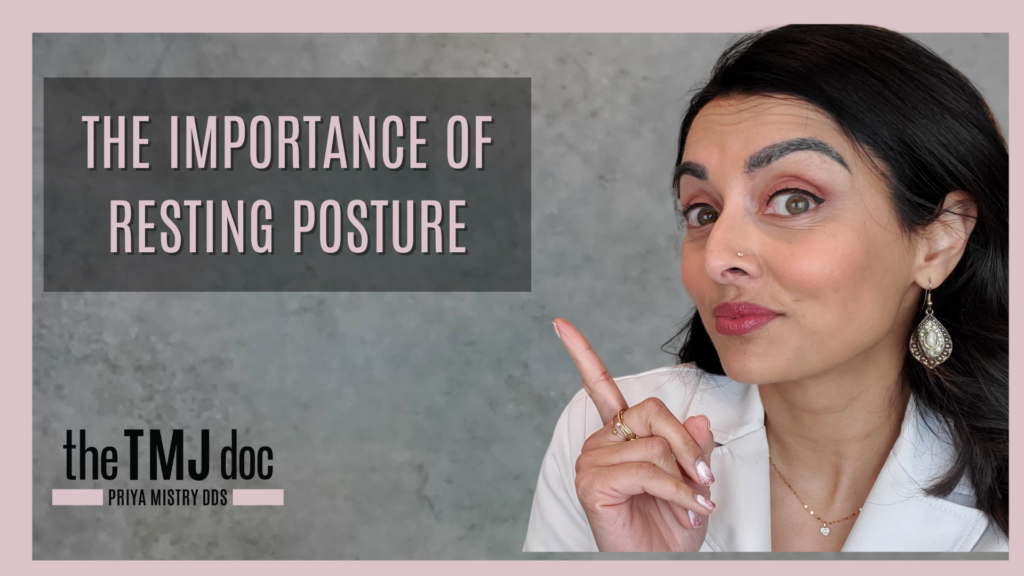In a recent episode of the Tooth Be Told Podcast, Dr. Priya Mistry shared her expertise on TMJ Disorder (TMJ/TMD). This blog post highlights key points from the podcast, aiming to educate readers about TMJ disorders, their symptoms, and treatment options, and to promote Dr. Mistry’s unique practice.
Introduction to Dr. Priya Mistry
Dr. Priya Mistry, based in Vancouver, Washington, is a dedicated specialist in TMJ disorders. Her journey into this niche began unexpectedly when she met her mentor, Dr. Arthur Parker, in 2018. Intrigued by Dr. Parker’s exclusive focus on TMJ disorders, Dr. Mistry decided to shadow him and learn about his practice. This experience led her to purchase Dr. Parker’s practice in 2021 and continue his legacy of providing specialized care for TMJ disorders.
Understanding TMJ/TMD
TMJ/TMD refers to any problems within the jaw joints AND with the muscles outside the jaw joints. Problems within the joint typically manifest as clicking, popping, or locking of the jaw. Problems coming from the muscles and nerves manifest as headaches, dizziness, stuffy ears, tinnitus, ear pain, neck pain, jaw pain, gum pain, tooth pain, and more.
Common Symptoms and Diagnosis
The symptoms of TMD can be quite varied, often mimicking other conditions. Common symptoms include:
- Headaches
- Ear-related concerns such as pain, stuffiness, or dizziness
- Jaw pain
- Neck and shoulder pain
- Tooth pain without dental cause
- Numbness or tingling in the face or fingers
Dr. Mistry conducts a thorough history and examination to determine whether the symptoms are muscle-related, joint-related, or a combination of both. This comprehensive approach helps her create a tailored treatment plan for each patient.
Treatment Approaches
Dr. Mistry employs a combination of TMJ orthotics and craniofacial therapy to treat TMD. She distinguishes between night guards, splints, and TMJ orthotics:
- Night Guard: Protects the teeth but does not address muscle or joint issues.
- Splint: A term often used interchangeably with night guard or orthotic, which can be confusing.
- TMJ Orthotic: Specifically designed to position the jaw in a way that relaxes the muscles and alleviates joint stress.
Dr. Mistry uses neuromuscular dentistry principles and the Myotronics K7 machine to find the optimal resting position for the jaw. She then creates a daytime and a nighttime orthotic, aiming to taper patients off the daytime orthotic within three to four months while often recommending indefinite use of the nighttime orthotic for maintenance.
In addition to orthotics, Dr. Mistry performs craniofacial therapy every few weeks. This hands-on therapy involves soft tissue work, intraoral muscle release, and jaw manipulation to reduce muscle tension and improve joint function.
UPDATE: As of October 2024, Dr. Mistry became Disclusion Time Reduction (DTR) Certified! She now offers this as a treatment option to those patients who are candidates.
Integrating Other Specialties
Dr. Mistry occasionally refers patients to upper cervical chiropractors, who can address misalignments in the cervical spine that may affect jaw function. She also works with PRI (Postural Restoration Institute) Physical Therapist, Massage Therapists, and Osteopaths.
Causes of TMJ Disorders
Dr. Mistry identified several common causes of TMJ disorders:
- Imbalanced Bite: an imbalanced bite is the #1 causative factor of TMJ/TMD!
- Stress: Leads to increased clenching and grinding of teeth.
- Sleep-Disordered Breathing: Conditions like sleep apnea can exacerbate clenching and grinding.
- Hypermobility: Conditions like Ehlers-Danlos syndrome can lead to joint instability.
- Hormones: Hormonal fluctuations, particularly in women, can affect TMJ function.
- Orthodontic Treatment: Both during and after orthodontic treatment, changes in bite alignment can impact TMJ function.
She advises patients to avoid habits and foods that strain the jaw, such as chewing gum, eating tough or chewy foods, and clenching or grinding teeth.
Conclusion
Dr. Priya Mistry’s expertise and comprehensive approach to TMJ disorders provide valuable insights for both patients and dental professionals. Her commitment to patient education and personalized treatment plans underscores the importance of specialized care for TMJ disorders. For those experiencing symptoms, Dr. Mistry’s methods offer hope for effective relief and improved quality of life.
For more information or to schedule a consultation, visit Dr. Mistry’s website or follow her on social media for the latest updates and educational content.







